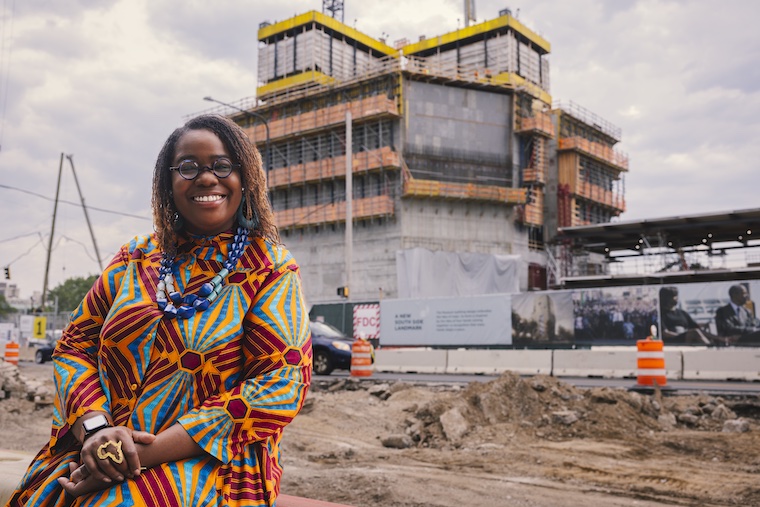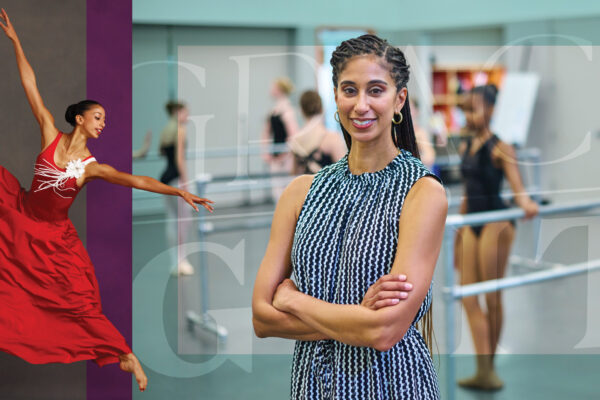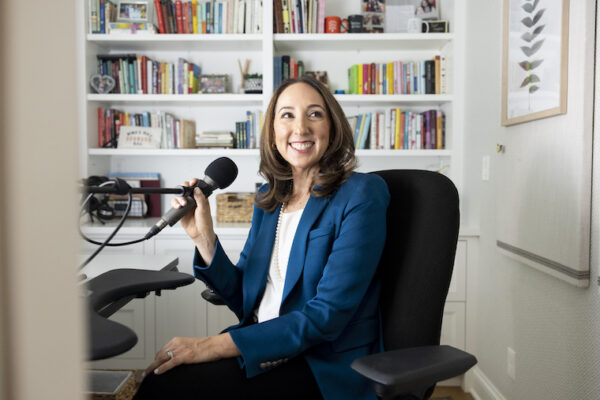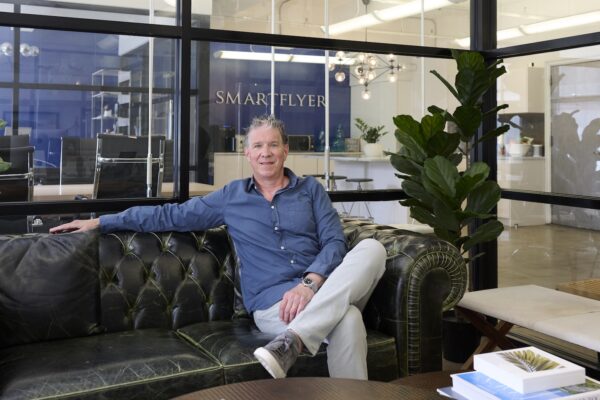As a third grader growing up on the South Side of Chicago, Crystal Marie Moten, AB ’04, knew she wanted to be an educator. As a high schooler, she sought out a college with a Black studies program. At WashU, thanks to two courses taught by the legendary Leslie Brown, Moten discovered an aspiration to be a historian and professor. After graduate school and six years teaching, Moten pivoted to a new educational setting: museums.
“I see museums as the ultimate classroom to reach a diverse group of people. Curator is my professional job title, but I feel that I’m an educator in my heart,” Moten says. “In a museum, people let their guards down. They stop; they explore; they talk — and most of the time, it’s unprompted. We have the opportunity to reach so many people and expand so many minds.”
Moten spent three years as curator of African American history at the Smithsonian’s National Museum of American History before returning to her hometown for a role that brings it all together: curator of collections and exhibitions at the Obama Presidential Center Museum. The 19-acre Jackson Park campus, including a towering museum with more than 25,000 square feet of exhibition space, will open in 2025.
“I see museums as the ultimate classroom to reach a diverse group of people. Curator is my professional job title, but I feel that I’m an educator in my heart.”
Crystal Marie Moten
Building a brand-new cultural institution requires a detailed and an expansive mindset, as well as the full research toolkit Moten acquired as a professor. She personally writes and edits exhibition text and works on display designs down to the square inch. To tell the story of the Obama presidency and family, her team interprets primary source documents and oral histories, consults with scholars of political and presidential history, and even crowdsources objects to include in the collection.
“When you think about the groundbreaking history of the Obama campaign — especially the ways in which then-Senator Obama inspired people to get involved at the grassroots — we have evidence of that excitement. That’s what people donate. You can feel the vibrancy of the moment in those objects,” Moten says. One example includes a handmade banner scrawled with campaign volunteers’ unofficial rallying cry: “Fired up! Ready to go!”
At the top of the new museum, the Sky Room will offer views of the Chicago skyline and a place to reflect on the objects displayed in the floors below. In addition to the Obamas’ past, exhibitions will cover the broad history of civil rights that contributes to the Obama legacy. Moten hopes the Sky Room will provide a moment for visitors to consider their own place in that history.
“Everyone should have access to these stories. If we listen to them, if we take them in, if we understand them, they tell us so much about our past — and they can also provide insight into where we are now and inspire us for the future,” Moten says.
“I hope people will contemplate what they have just seen and what it means to them, but then also move to asking the question: ‘What can I do?’ And then together, ‘How can all of us change the world?’”



